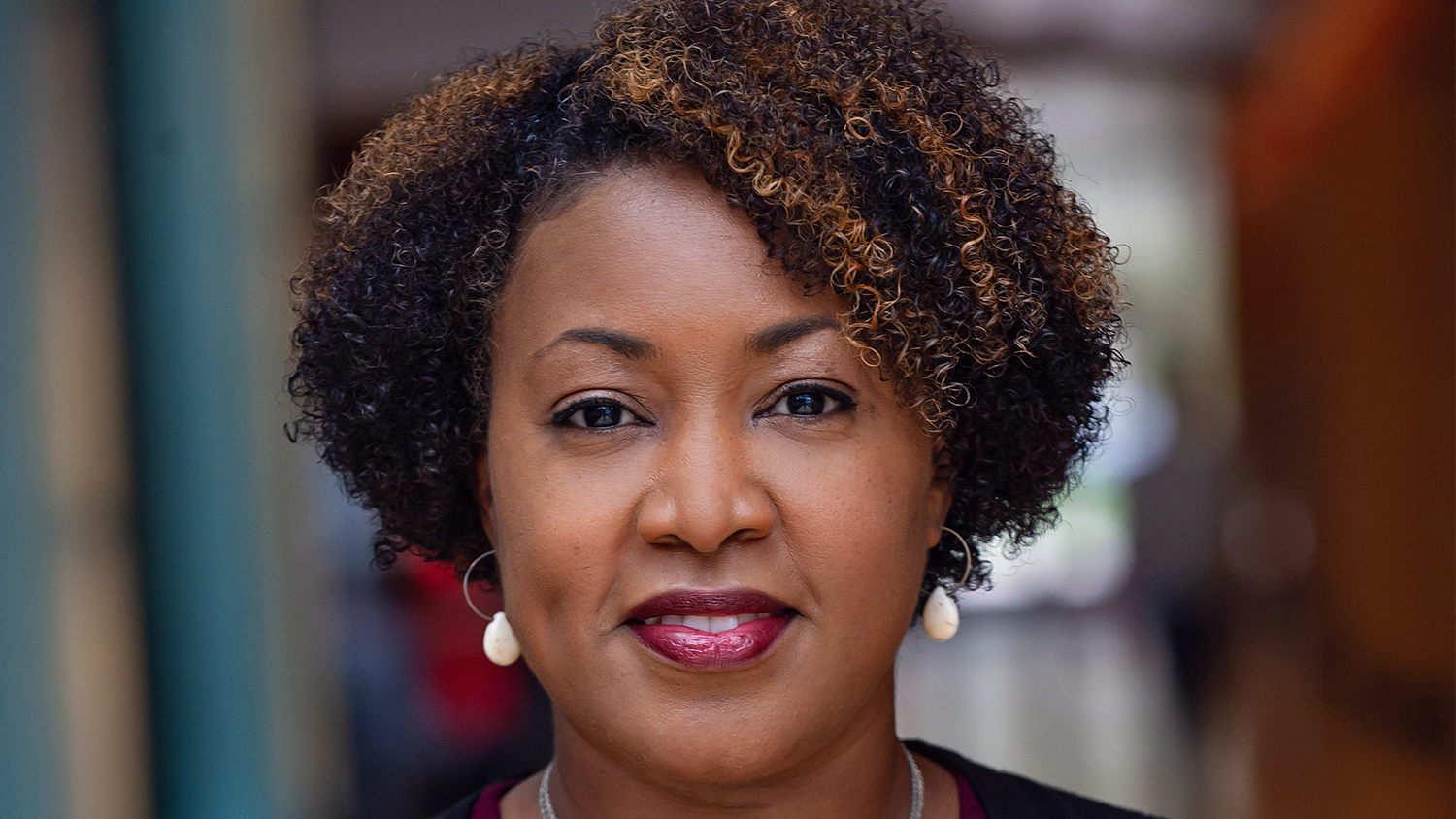Meet Chandra Alston: ‘I Hope My Students Learn to Become Reflective, Justice-oriented, Caring Practitioners’

Why did you choose the NC State College of Education?
I chose the NC State College of Education for a few reasons. I am excited about joining a literacy faculty that’s outward focused with work that is embedded in and supportive of North Carolina communities. I am also drawn to the land-grant mission of the university and the ways the College of Education is working to provide access to materials and opportunities to improve educational opportunities for all North Carolina citizens.
[spotlight-box label=”” img=”” heading=”Chandra Alston, Ph.D.” cta=”” url=””]
Title: Assistant Professor of Literacy Education
Education: Ph.D. in Curriculum and Teacher Education from Stanford University; M.A. in Secondary English from the University of North Carolina at Chapel Hill; B.A. in English from the University of North Carolina at Chapel Hill
Experience: Assistant Professor, University of Michigan; Teaching Fellow, Stanford Teaching Education Program; Teaching Assistant, Stanford University; High School English Teacher, Chapel Hill-Carrboro City Schools[/spotlight-box]
Why did you choose a career in education?
I went into teaching, like many other teachers of color, to support children of color as they navigated schools that are often not designed to see and support their capacity as learners. My utmost goal is equitable access and opportunities for all young people.
What drew you to your specific field?
I chose to teach English at the high school level because I love books and the lessons that they can teach us about the world and ourselves. And adolescents are such amazing, genuine, curious young people and such a joy to learn alongside.
Why did you decide to pursue a Ph.D.?
I decided to pursue a Ph.D. to better my own pedagogy and instruction, to understand how schools could consistently meet the needs of black and poor children and to learn how to prepare beginning teachers to support the literacy needs of marginalized young people.
What are your research interests and what sparked your interest in that topic(s)?
I am interested in the instructional practices and educational policies that can support literacy teachers in teaching middle and high school English Language Arts in ways that are equitable and rigorous. These interests began during my tenure as a high school teacher and from a desire to find more ways to support the young people in my classroom with special needs.
What is one research project or moment in your academic career that you are particularly proud of?
I am particularly proud of the work I am currently engaged in with colleagues, Chauncey Monte-Sano and Mary Schleppegrell, to use my framework for teaching models of thinking and writing. We are using this framework to investigate the writing instruction of social studies middle school teachers as they teach argument writing with sources. Over several years, I developed a framework to understand the ways we might better teach writing in English Language Arts using models, or mentor texts, to support student writing development. This project uses that research in a different disciplinary context, social studies, and shows that the practices hold promise across contexts. This work helps us better understand the trajectory of learning to teach the thinking and decision-making needed to communicate effectively in disciplinary writing.
What is your teaching philosophy?
My teaching philosophy is motivated by justice and grounded in an apprenticeship model. I see teaching as socially negotiated, dialogic work to support learning and development. My goal in teaching any content is to support a learner’s ‘growing edges’ and build a community in which we can both challenge and extend one another’s thinking.
What do you hope your students learn from you?
I hope my students learn to become reflective, justice-oriented, caring practitioners who work toward mitigating the systemic inequities in schooling.
What do you think makes someone an “extraordinary educator?”
I think an ‘extraordinary educator’ is someone who is always learning, someone who is transparent regarding their past failures as well as their successes. They are also individuals who take the time to ‘see’ the learner regarding all their identities and are able to make connections between the learner’s identities and experiences and whatever content or skill being learned.
- Categories:


